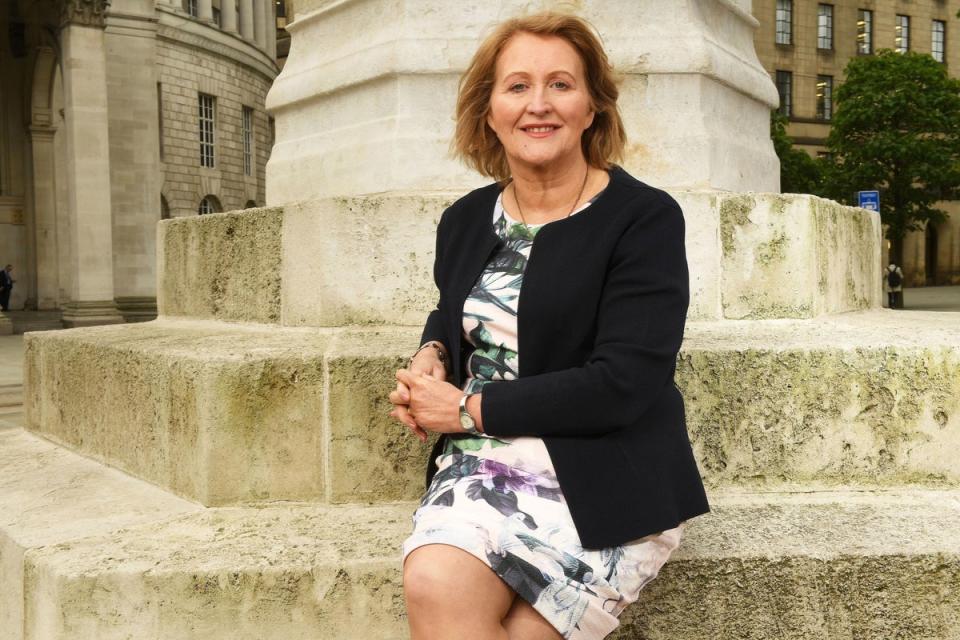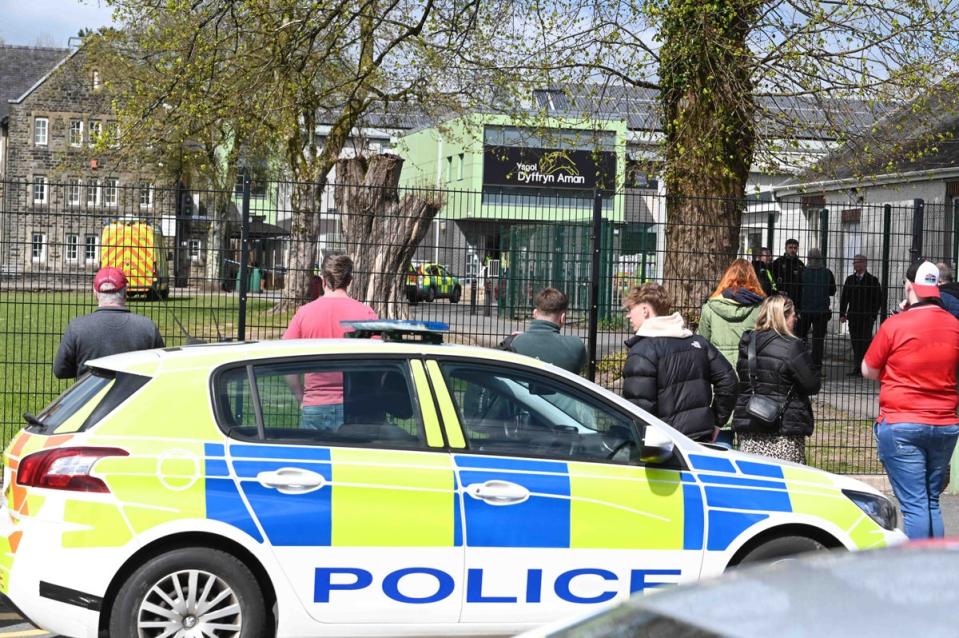Violence involving children ‘almost epidemic’ warns former children’s commissioner after school stabbings
Violent crime involving children has become almost “epidemic in scale”, a former children’s commissioner for England has warned as she accused the government of failing to show the “urgency” needed to tackle the issue.
Anne Longfield CBE, now chair of the Commission on Young Lives, said that “barely a week” passes without a violent incident and that more work needs to be done to educate young people on the dangers of carrying knives.
Her comments came after three people were injured with a “sharp object” at a secondary school in Sheffield. A 17-year-old boy has been arrested on suspicion of attempted murder following the incident at Birley Academy. Two teachers were injured in a stabbing at a Welsh school last week.
“Barely a week goes by now without some terrible headlines of children being involved in some kind of extreme violence or, all too often, tragedy, often involving knife crime,” Ms Longfield told the BBC’s World at One programme.
“It is something that, I think, has become almost epidemic in scale. For every one of those people, it’s a tragedy in their lives - in their family lives and of course the community. The startling thing, I think, is that government hasn’t yet responded to the scale or urgency needed.”

She added: “It’s 18 months ago now that the National Audit Office… said that there wasn’t a plan for vulnerable children - to prevent them - coming to harm. And until that’s in place then a lot of the very good activity that’s taking place gets slightly lost.”
About four in 10 homicides in the UK involve a knife or sharp instrument. And there is particular concern about knife crime involving young people in in cities. In London, 21 teenagers were killed in 2023, 18 of whom were stabbed to death.
Overall, crimes involving a knife or sharp are on the up. Office for National Statistics data published last week showed were 49,489 of these types of offences recorded by police between January 2023 and December 2023 - a seven per cent increase on the previous year.
When asked what action she would like to see from government to tackle youth knife crime, Ms Longfield added: “To see this as the emergency it is. So from the top - provide the leadership across all the engines of government to work together to prevent these tragedies happening.”

“I do believe they are preventable. That means having more mentors, more youth workers, places to go for young people that are safe and also have supportive adults around them.It means looking carefully for those children who are struggling in school and putting the kind of support in place that means they don’t get excluded.
“And it means tackling, as well, the whole education and support for young people to be able to understand the dangers of carrying knives.”
Education union leaders have also called for action. Daniel Kebede, general secretary of the National Education Union, the largest education union in the UK, said: “Government needs to recognise the scale of the problem and adopt a public health approach to tackling youth violence as did Scotland in the 90s.
“This should also include urgent reinvesting in the youth services and centres that young people once relied upon.”
In January the government introduced a plan to ban zombie-style knives and machetes, which have been used in multiple attacks.
Ministers have insisted the government is committed to tackling knife crime.
A government spokesperson said: “Nothing is more important than the safety of children, and our thoughts are with all those affected by the shocking incident in Sheffield today.
“To tackle the root causes of violence, we are funding 20 Violence Reduction Units across England and Wales which have reached over 271,000 vulnerable young people in their fourth year of funding alone, through early intervention programmes to help protect them from serious violence.
“We’ve also providing £200 million over ten years to establish the Youth Endowment Fund to improve knowledge about what works to tackle serious violence and we’re investing over £50 million for specialist support in mainstream and alternative provision schools in areas where serious violence most impacts children.”


